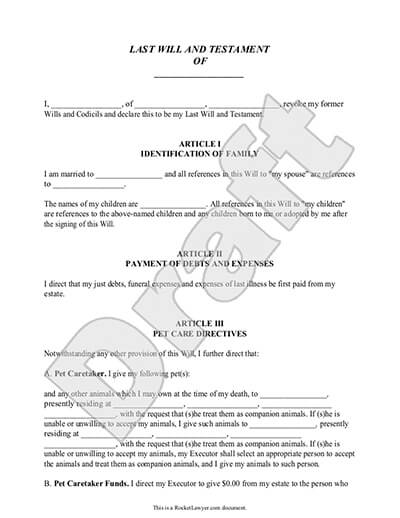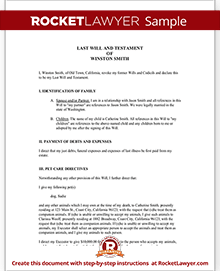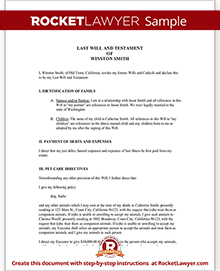A will can be considered invalid by your state for a number of reasons, including (but not limited to) the following:
Mental incompetence
Most states typically require that the person making the will is mentally competent during the time of creation. The competency standard can be met in many states if you possess an understanding of the following:
- The property you own
- Who your relatives are
- What the will says and means
- Your relationship with the beneficiaries you have designated
In other states, there is additional guidance around mental illness. For example, in California, an individual with hallucinations or delusions resulting from a mental illness may not be considered to have the capacity to make a valid will, if their decision-making with regard to the will and the distribution of their property is impacted. If you have questions about making a legally valid will, talk to a lawyer.
Previous wills
To avoid confusion and ensure that the most recent will is followed, it is important to destroy every copy of any previous, outdated will. That said, it is possible to have multiple valid wills for dealing with property in multiple states, if one will is a supplement to another, or for other limited reasons.
Improper witnesses
Many states require that a will be witnessed by at least two people over the age of 18. Witnesses will observe the signing of the will and confirm mental competence at the time of the signing.
If you need more guidance before getting started on your Last Will and Testament, ask a lawyer or check out more estate planning documents.


